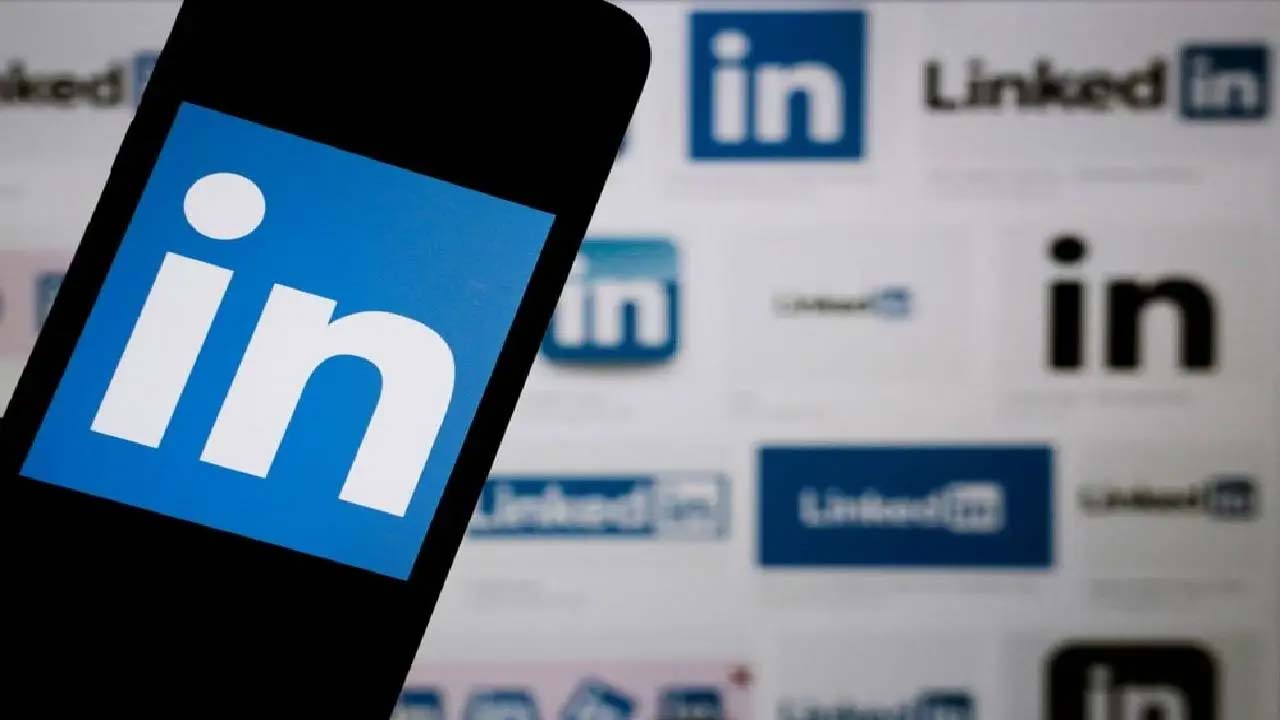Tens of millions of people around the world continue to search for a suitable job to earn a living and reach the desired career point. Well, what can help you most in your job search, Who are the people who will eventually get you a job?
Here’s a new study of more than 20 million people, looking for the answer to that question. The answer to the question, of course, was not an answer to be named. scientists, more looking for work through many acquaintances and friends It turned out that it would yield good results. The result was against your expectations.
First, let’s take a look at the theory that will help us in the research:

The research is based on a theory introduced by American sociologist Mark Granovetter in 1973. Granovetter,strength of weak ties“The stronger the bond between two individuals, the more overlapping friendship networks there will be,” he said. More generally this is from a good friend you probably know all their friendsbut meant you might know a lot fewer friends from someone you know less.
If you pour this into the business world, if you’re theoretically looking for a job, you probably are You then already know everything that your immediate environment has to offer. But your job prospects may be higher with opportunities not coming from your immediate family, but from weak ties, that is, from people you know very little about. So, is this theory really reflected in the business world?
So how was the research done?

Researchers from LinkedIn, Harvard Business School, Stanford University and the Massachusetts Institute of Technology looked for evidence of the influence of weak ties on job searches. in research LinkedIn’s ‘People You May Know’ Algorithm was used and the algorithm also became a testing tool.
LinkedIn, which regularly updates this algorithm, has now started testing the relationship between strong ties (close friends) and weak ties (acquaintances) in one update. From global participation in A/B testing on the platform more than 20 million people was observed. Users were divided into groups and each group was shown several new communication suggestions. For example, users in some groups formed stronger bonds, while those in other groups formed weaker bonds.
The next step was to measure how many jobs were applied for and how many ‘job transfers’ took place in total per group. Job transfer was a particularly interesting area as it was a different job at the same company. This title is the thanks to a new person he met It turned out that he had moved on to another job.
Three main conclusions were drawn:

- LinkedIn’s recommendation engine is a major driver of connection generation. Users who were recommended weaker links created weaker links by adapting to the engine. The situation was parallel with those who suggested a strong bond.
- “Acquaintance with 10 mutual friends and with whom you rarely hang out”moderately weak bond” group on introducing a new employer to a job seeker. more effective found it. In addition, it differs from the strong bond. It was almost twice as much.
- The power of weak ties varies by industry. Weak ties increased business mobility in digital sectors, while strong ties worked in less digital sectors.
While these three results show that the strength of the ties depends on the industry, on average, when looking for a job, first of all, not on your closest associates. again, you should turn to people with whom you have an acquaintance, but with whom you do not associate much. showed.
Click now for an affordable Disney+ membership!
















